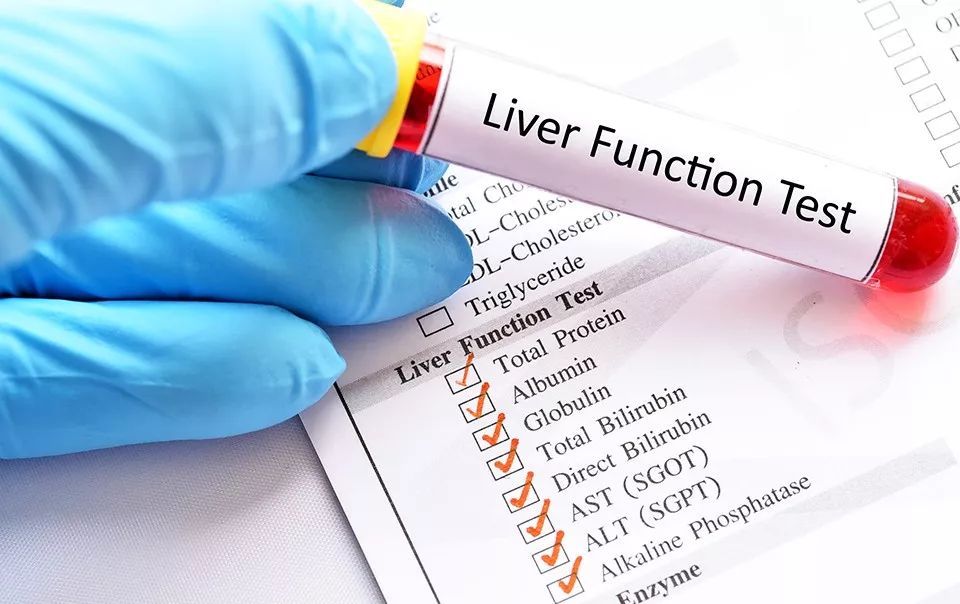Couples who are having problems with conceiving even after trying for 1 year might be unsure of whether they should get fertility treatments. Intrauterine insemination (IUI) or in-vitro fertilisation (IVF) may be recommended by your fertility physician if you are having trouble conceiving naturally. Based on the results of a few baseline tests, your fertility specialist will suggest some possible treatments for you. Your fertility doctor can also evaluate your chances of becoming pregnant, either naturally or with assisted treatments.
What is IUI?
IUI is a process by which processed sperm is directly placed into your uterus. This reduces the time the sperm takes to travel and increases the likelihood of fertilising the eggs.
Who is eligible for IUI?
- Mild male factor infertility
- Irregular or Anovulation
- Unexplained infertility
What is the procedure for IUI?
Ovulation induction, in which you take medicine to stimulate the formation and release of eggs, is usually paired with IUI.
In the IUI process, the sperm from a semen sample is washed, and the sample is then deposited into the uterus by the aid of a catheter. Compared to trying naturally, this greatly increases the concentration of good quality sperms in the uterus by eliminating the distance from the vagina till the uterine cavity.
This quick, painless, in-office treatment usually takes 5–10 minutes and is performed after confirming ovulation by an ultrasound scan. The processed sperm sample will be deposited into your uterus via a thin catheter that is inserted into your cervix by your doctor who uses a speculum to locate the cervical opening.
What is IVF?
In IVF – or In Vitro Fertilization you receive daily doses of injectable hormones to develop more follicles than your ovaries typically produce each month. The objective is to develop 10–15 follicles from which the oocytes or eggs can be surgically retrieved. Oocyte retrieval is a surgical procedure in which the doctor retrieves the mature eggs under ultrasound guidance through your vagina. These eggs will be fertilized with your partner's sperms inside the embryology lab by a process called Intra Cytoplasmic Sperm Injection ( ICSI) and cultured to grow into embryos. The resulting embryos are either transferred into your uterus in the same cycle or saved for a later cycle.
Depending on age, medical history and other characteristics like ovarian reserve, some people make more eggs than others and the quality of embryos will also depend on the above factors.
The benefits of IUI and IVF
IUI and IVF each have their own benefits and are distinct types of fertility treatments.
Book an appointment with the best IVF centres in Kerala to receive advice on the following phases in your reproductive journey and where you should start.
Which one fits you best?
Your fertility and IVF doctor will begin by looking for possible causes of infertility, such as endometriosis, abnormal sperm, obstructed fallopian tubes, irregular ovulation and defective sperm, among others. To offer recommendations that are tailored to your needs, they will also consider your age, known health issues, personal health history and family health history into account.
The patient's needs and preferences, along with the doctor's recommendations, play a significant part in tailoring the approach.
Treatment Process:
IUI: To help one or two eggs grow and ovulate, an IUI can be performed with or without the help of ovulation induction medicines. Sperm is placed within the uterus around day 14 of your cycle – after ovulation is documented. The likelihood of natural conception is increased for many people as a result of this.
IVF: To grow many eggs during IVF, medication is often administered for about 10- 12 days. Once a large number of eggs have formed, the eggs are surgically extracted from the ovaries. The next step is lab-based external fertilisation of the eggs. An embryo is returned to the woman's uterus after a few days of growth in the lab.
How much does it cost?
IUI and IVF costs vary widely. IUI is much more cost-effective per cycle but this also reflects in the success rates. Since IUI is very similar to trying naturally the success rates would be a maximum of 20% per cycle ( ages 35 and below).
For those with clogged tubes and those who have severe male factor infertility, ;IUIs may not be a good option as it may have almost no chance of success. Furthermore, after three IUI cycles, the chances of any future cycle working are low even if there may not be any reason to pin point the infertility to, and IVF becomes significantly more cost-effective on a cumulative cycle basis.
How do these processes help beat infertility?
There are two main ways an IUI can combat infertility:
Ovulation and egg quality: One or two mature eggs are grown and ovulated with the assistance of medication (some women may not ovulate otherwise).
Sperm Quality: An IUI brings good quality sperms closer to its intended recipient (the egg). IUI’s can multiply the number of sperm that reaches the fallopian tube by 1000x.
IVF beats infertility in MANY ways:
In the first step, before ovulation, eggs are extracted.
Tubal problems: The embryos are reinserted into the uterus without ever travelling through the tubes after they have been taken from the ovaries.
Sperm: One healthy sperm is all that is required for intracytoplasmic sperm injection, a method that directly injects sperm into the egg.
Uterine: Multiple drugs can be used to improve uterine receptivity and the timing of an embryo transfer.
Miscarriage: IVF can be used in conjunction with reproductive immunology and genetic testing, which may help some women experience fewer miscarriages.
Quantity and quality of eggs: High-quality eggs are produced in huge quantities as a result of the substantial drug dosages.
Are these procedures safe?
The dangers are negligible, and both procedures are safe. The dangers and negative effects are significantly decreased by careful monitoring, medication selection and dose and general care.
IUI does not involve ‘surgery’ under anaesthesia, whereas IVF does.
Which is more successful, IUI or IVF?
Keep in mind that undergoing infertility treatments does not ensure having a child. However, it does raise your likelihood of becoming pregnant.
Even though IVF has a theoretically better success rate than IUI, the situation is more complicated than that. The condition of your body will determine your success rate; thus, it is not always helpful to rely on statistics and percentages.
FAQs:
- What should I avoid after IUI?
It is advisable to avoid certain physical activities like light aerobics, yoga, biking and walking. - How should I prepare for IUI or IVF?
Increase your success rate by choosing a fertility specialist who has a high success rate, reduces stress and anxiety, and chooses a healthy way of living. - What foods help implantation after IUI?
Consume a significant amount of good-quality proteins, fruits, vegetables, healthy fats, whole grains and nuts. - How do I know I am pregnant after IUI?
Follow your doctor’s instructions and wait at least 14 days after IUI. - How successful is IUI on the first try?
Women under the age of 35 years have a 10–20% chance of becoming pregnant with IUI, whereas a woman over the age of 40 years has only a 2–5% probability.





